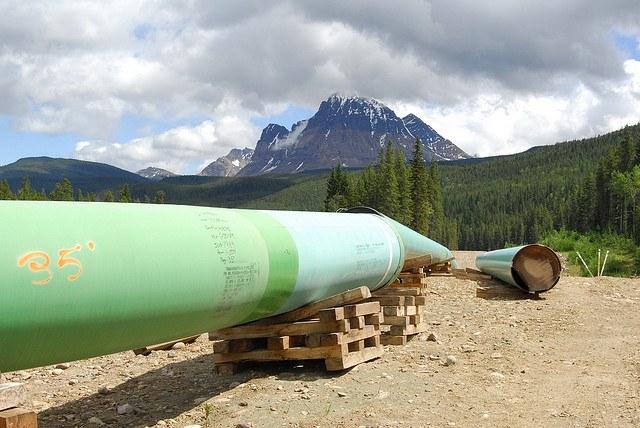
By Marc de Sousa Shields
Anyone who watched the Boston Red Sox get blown out by the Los Angeles Angels last week may have noticed a billboard behind home plate that read something to the effect of "because you trusted Gulf Oil at the pump … You can trust Gulf (Electricity) in your home."
Trust – it’s a big word in the world of branding, one which becomes all the more large and loaded when used by a fossil fuel company (FFC).
(Before reading on, you should know I have nothing against Gulf. I don’t particularly like fossil fuels, but they are not going away tomorrow, so we ought to judge FFCs by their transparency and plans to transition to environmentally sane energy and not just our visceral sentiments about them).
From a brand perspective, one really has to wonder about the billboard and the intention of Gulf.
Given even the most non-sustainability literate amongst us would likely baulk at using the “T” word in any sentence referring to a FFC, it is quite incredible Gulf would choose to use it at all.
Indeed, when asked by a 2013 Harris poll “which industries are generally honest and trustworthy so that you normally believe a statement by a company in that industry,” just 4 percent of consumers found oil and gas companies to be trustworthy, beating out only the tobacco industry … and even then by a mere 1 percent.
The brand value of FFCs is in shambles; we all know this. So, simply telling us we trusted them before, which hasn’t been true for well over a decade, isn’t likely to make us do so now.
Is Gulf really that detached from reality? Or does the company have some great trust-generation plan somewhere we don’t know about? A simple search of its website does not illuminate.
Of course, it’s unlikely the trust ad was more than a blip on the company's much larger promotional screen.
Still, it’s intriguing to ponder why any fossil fuel company might think consumers would trust them when even a simple internet search shows multiple, often egregious facts of corruption, environmental fines, duplicitous behavior and just all around poor form that hardly leads a sense of trust.
This is the answer to the smaller question about FFCs and trust. The larger and more important question is: Can any FFC ever retool itself for a sustainable future and rebrand itself as trustworthy?
This is not just a theoretical question, for as the forces of electrical generation decentralization take hold (think: rooftop solar) and alternatively-fueled personal transportation take off -- as they will -- what is to become of massive FFCs? How many will fail to make the big shift just as Kodak did, and how many will succeed like Fuji?
Rebranding a fossil fuel company poses more than just a fascinating challenge. It is important because these firms are large, very influential and have an enormous impact on the economy. A smooth transition to clean energy would be by far the better path to sustainability than a lumpy, crisis filled one.
The future aside, Gulf’s trust ad is swimming against an immense tide of unpopularity, and not incidentally, portents of the battle before the company and all FFCs.
Image credit: Flickr/rblood
Marc de Sousa Shields is Managing Director at ES Global, a corporate sustainability advisory based in Mexico. Marc has worked in over 40 developed and developing countries focusing on corporate sustainability strategy, brand, and returns. He is author of the soon to be released “Sustainable Century by Design or Disaster.”
TriplePundit has published articles from over 1000 contributors. If you'd like to be a guest author, please get in touch!














